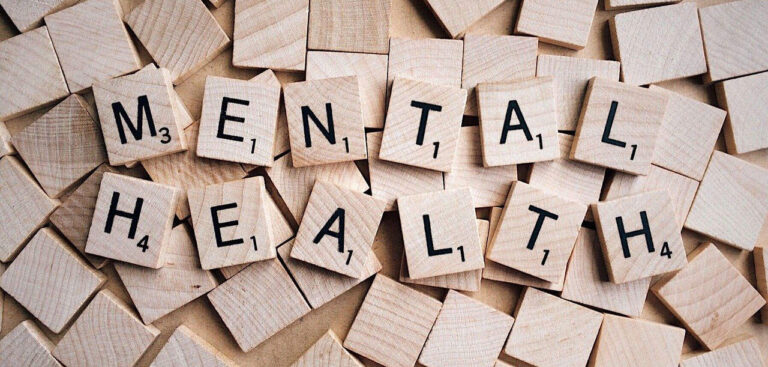
Mental Health and Young People
It seems that cases of mental ill health are on the rise, particularly among young people, with a recent report by the Children’s Society finding that 22% of 14-year-old girls and 9% of 14-year-old boys in the UK had self-harmed in the last year. For young people attracted to the same gender the rate of self-harm rose to 46%. There are many factors that can put pressure on young people, including high expectations to succeed, social media and gender stereotyping.
World Mental Health Day on 10th October this year has young people as its focus. Even before we consider the worrying rise in mental health problems in the young, it makes good sense to support the needs of young people – 75% of mental health problems in adults start before the age of 18 and getting help at any early stage greatly improves recovery.
Mental Health and Recovery
Recovery in mental health is often considered as a journey rather than a destination, as it is an individual process of discovery and development. This is one of the subjects covered in the Introduction to Mental Health course I am running with BHT on 30 October.
Alongside giving an overview of risk factors and signs of common mental health conditions including anxiety, depression and psychosis, I will be asking participants to consider what factors aid recovery and how they can best support people on their individual recovery journeys.
Mental Health and the Workplace
In the workplace mental health used to be a taboo subject, but it is now being increasingly talked about. Increasing pressure from job demands and technology is impacting on the health and wellbeing of employees and we are seeing an increase in people reporting mental health problems at work.
It is estimated that one in six employees is experiencing stress, anxiety or depression at any given time. This increases to one in five if alcohol and substance misuse is included. The good news is that more and more employees are recognising the importance of tackling this problem and have come together under the ‘Time to Change’ initiative. BHT is proud to have signed the Time to Change employer pledge and is committed to creating a more mentally healthy workplace.
Mental Health and Stress
Whilst not being a mental health condition in the medical sense, stress has a huge impact on our mental health and our mental health has a huge impact on our ability to manage pressures in life. We all have different capacities when it comes to how much stress or pressure we can cope with and different ways that we deal with it.
Some of these coping strategies are helpful and reduce the amount of stress we experience, and others may be less helpful and actually increase stress. Stress is therefore an important topic when it comes to any discussion around mental health and I will also be covering this subject on the Introduction to Mental Health course.
Find out more
Click below to find out more about our upcoming Introduction to Mental Health course and to book your place.
Introduction to Mental Health – 30 October
This introductory level course gives an overview of mental health and recovery and considers the impact of mental health conditions including anxiety, depression, and psychosis.
About Alex Langridge
Alex is a Mental Health First Aid (MHFA) instructor and part of the MHFA National Training Team.
She is a member of the International Stress Management Association and has been supporting employers to manage mental health since 2008 when she worked as a Senior Employment Adviser for a mental health charity. She went on to deliver a Time to Change project focusing on education and lived experience to reduce stigma and discrimination.
Stress and mental health in the workplace are subjects that Alex has a lot of experience in and she believes that vocational activity and work are an important part of recovery for many people.
